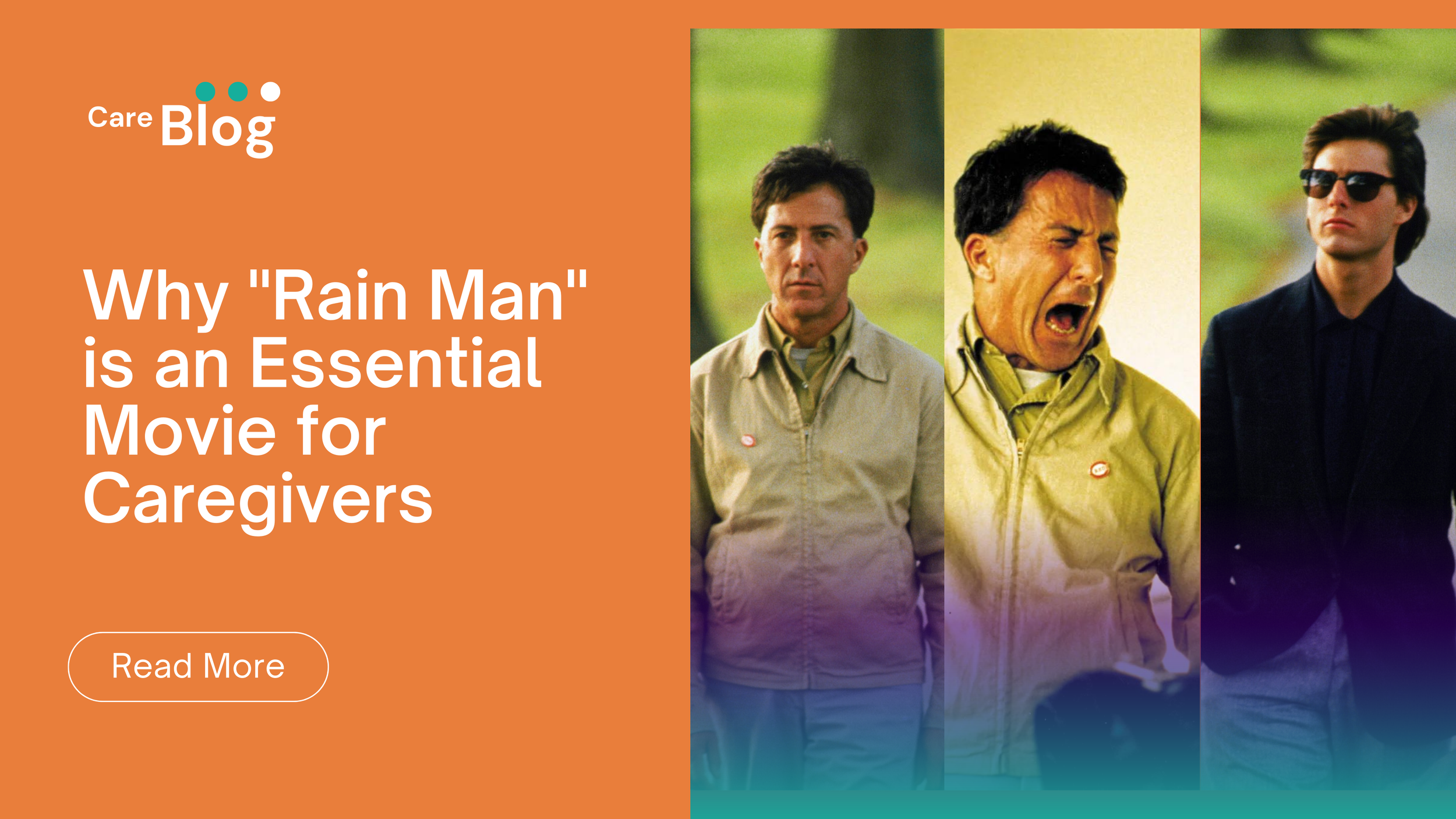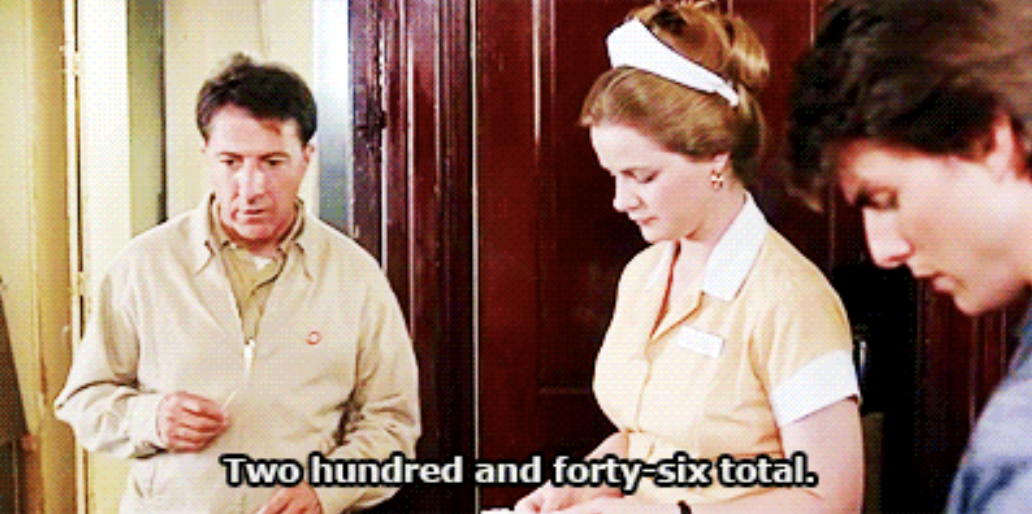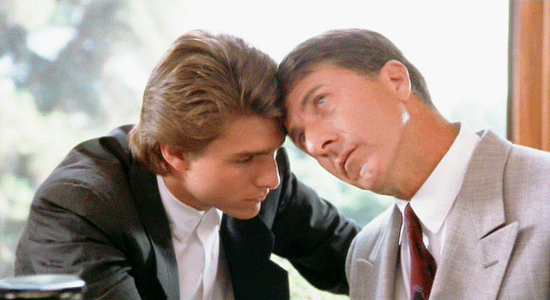Why "Rain Man" is an Essential Movie for Caregivers
For anyone who has seen the classic 1988 movie "Rain Man," it is impossible to forget the performances of Dustin Hoffman and Tom Cruise. The movie tells the story of Charlie Babbitt, a self-centered businessman who discovers that his estranged father has died and left his entire estate to his developmentally disabled brother, Raymond. Charlie sets out on a road trip with Raymond to find out more about him and, in the process, discovers that his brother is a savant with an extraordinary memory.
While "Rain Man" is a fictional story, it contains many truths about developmental disabilities that are essential for caregivers to understand. Here are just a few of the reasons why this movie should be required viewing for anyone who is caring for someone with a developmental disability.
It demonstrates the importance of developing a relationship of trust.
One of the first things that Charlie tries to do when he meets Raymond is to take advantage of him by teaching him to count cards in Las Vegas so that they can win money. It takes a long time for Charlie to earn Raymond's trust, but he eventually does by showing him that he is not just interested in taking from him, but in actually getting to know him and caring about him as a person.
This is an important lesson for caregivers, who often find themselves in positions of authority over those they are caring for. It can be easy to get caught up in the task at hand and lose sight of the fact that there is a human being on the other side who deserves to be treated with respect and compassion. In order to provide quality care, it is essential to develop a foundation of trust.
It showcases the potential that often lies hidden within those with developmental disabilities.
For much of his life, Raymond has been institutionalized and written off as someone who will never amount to anything. It is only when Charlie takes the time to get to know him that he realizes that Raymond is not only intelligent but also has an astounding memory. He can recite baseball statistics from decades past and he can remember every single word from a book after reading it just once. This isn't too far from reality; people with ASD often have amazing memories.
In one scene, a waitress in a diner brings a box of toothpicks to the table and accidentally spills them on the floor. Raymond studies them on the floor and instantly calculates the number: “246 toothpicks.” It also showed that people with autism can be highly intelligent; Raymond was able to quickly do complex calculations in his head which most people would need a calculator for.
This is an important message for caregivers, who may sometimes feel like they are stuck in Groundhog Day, doing the same things day after day with no real progress being made. It is important to remember that every individual has their own unique gifts and talents, even if they may not be immediately apparent. By taking the time to get to know those we are caring for, we may be surprised by what we discover.
They see the world differently than neurotypical people do.
Throughout the movie, Raymond continually breaks social rules without realizing them. For example, he has trouble understanding personal space and often stands too close to people when he's talking to them. He also has a habit of saying whatever is on his mind without filters, which sometimes gets him into trouble. While these may seem like minor infractions, they often caused major frustration for those around him—especially Charlie.
In many ways, autistic people see the world differently than neurotypical people do. Social rules that seem natural to us often don't make sense to them. As a result, they may unintentionally break those rules without meaning any harm. If your loved one is having trouble following social rules, try explaining them in concrete terms. For example, if they're standing too close to someone when they're talking to them, you could say "It looks like you're standing about two feet away from that person. Can you please try and stand three feet away?" By being specific and patient, you can help your loved one navigate social situations more effectively.
This film gives insight into what it’s like for someone with Asperger’s syndrome or high-functioning autism spectrum disorder (ASD). While "Rain Man" was released long before ASD was recognized as its own diagnosis, Raymond's character provides a rare glimpse into what life is like for someone on the autism spectrum.
ASD can be extremely isolating, both for those who have it and for their loved ones. Watching "Rain Man" can help caregivers understand some of the challenges their loved ones face on a daily basis and provide them with some empathy and insight.
If you are a caregiver for someone with a developmental disability, add "Rain Man" to your must-watch list. This classic film contains many truths about disabilities that are essential for caregivers to understand. From demonstrating the importance of developing trust to showcasing hidden potential, "Rain Man" provides insights that can make a real difference in the quality of care you provide.






